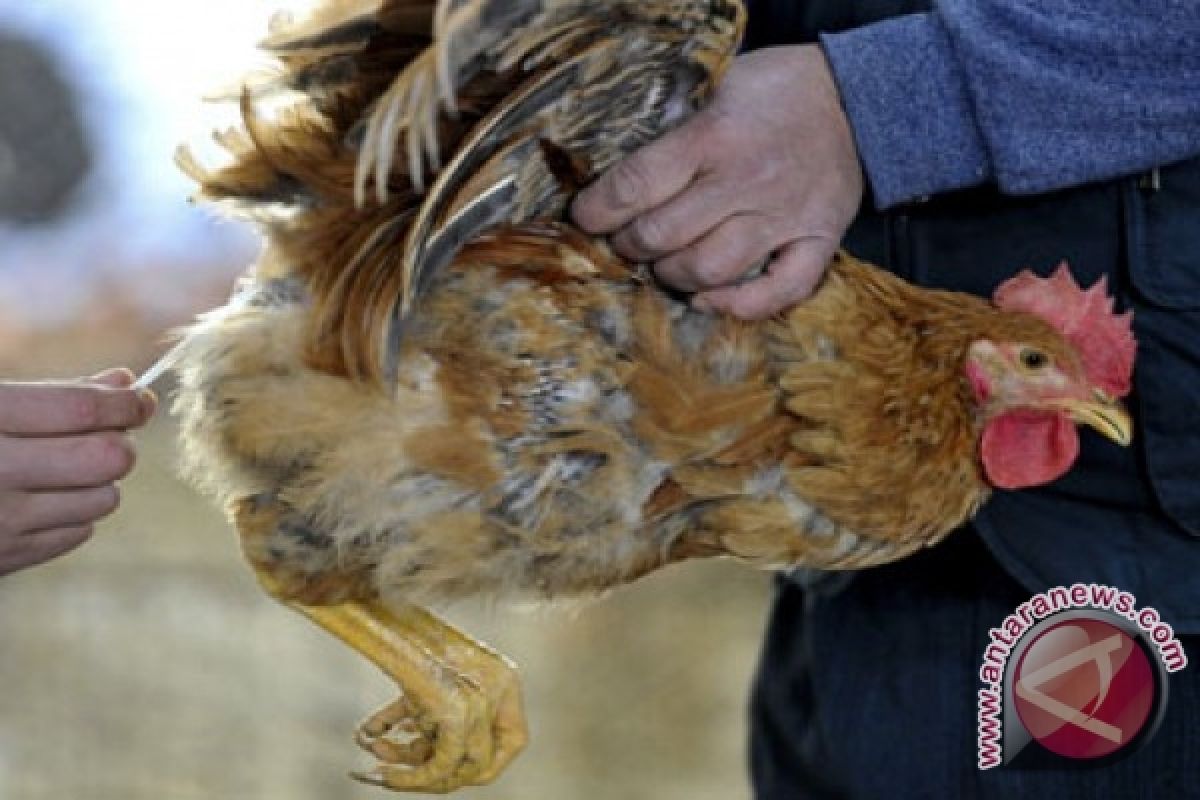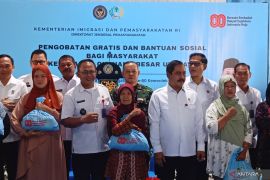In a statement received here on Friday, director for surveillance and health quarantine at the Health Ministry, Achmad Farchanny Tri Adryanto, said that the ministry is consistently monitoring the avian influenza strain which can infect humans.
"As per global commitment, in human health sector, strains which are monitored are HPAI (highly pathogenic avian influenza) or H5 at fourth tier Public Health Laboratory, or LPAI (low pathogenic avian influenza) comprising H7, H9, and others, at National Referral Public Health Laboratory," Adryanto informed.
He said that based on the WHO's June 11, 2024, report, a type-A Avian Influenza (H9N2) case was detected in a child from West Bengal, India. The child, who contracted the infection after coming in contact with an avian source of the virus, has recovered and gone home from hospital.
According to the Centers for Disease Control and Prevention (CDC), HPAI and LPAI cause mild to severe infections in humans, he said. HPAI causes a high mortality rate in avians, he informed. Meanwhile, upon being infected with LPAI, avians show little to no signs.
He said that to detect suspected infections early, the monitoring of avian influenza is focusing on influenza-like illness (ILI) and severe acute respiratory infections (SARI), which can arise from direct contact with sick or dead avians in contaminated environments.
The surveillance has also been extended to national entryways, like airports and harbors, and is focused on travelers arriving from countries that have reported cases of avian influenza.
Related news: Risk of avian influenza infection in humans still low: govt
He appealed to farmers rearing chickens, cows, or any other livestock to employ hygienic and sanitary management on their farms and to always disinfect and wash their hands. He also asked them not to sell sick livestock and to immediately report any sudden mass death of livestock.
Adryanto also appealed to the public to always follow a healthy and clean lifestyle, for instance, by washing hands after coming in contact with avians, in order to avoid infection.
"(This further includes) Not consuming sick animals or avians, using sufficient protective equipment during contact with avians or mammals, which are sick or suddenly dead," he added.
He said that avian influenza infection in humans occurs due to contact with avians or animals that are sick or infected with the pathogens as well as through poorly cooked meals sourced from contaminated areas.
According to him, the clinical symptoms of avian influenza are akin to normal flu. Other likely symptoms include sneezing, headache, muscle soreness, digestive problems, and shortness of breath.
Shortness of breath points to declining lower respiratory system health, which can worsen, he said.
"Immediately go to health facilities if you experience avian influenza symptoms and have (recently) come in contact with risk factors," he added.
Related news: FAO commends ministry's steps to contain avian influenza
Reporter: Mecca Yumna Ning Prisie
Editor: Yuni Arisandy Sinaga
Copyright © ANTARA 2024












